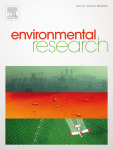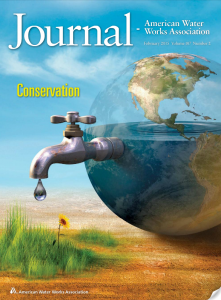 An investigation at the Queensland University of Technology in Australia has found that a paper on air pollution and human health contains a host of issues with the data and its analysis. The paper has been retracted with a very detailed note from Environmental Research.
An investigation at the Queensland University of Technology in Australia has found that a paper on air pollution and human health contains a host of issues with the data and its analysis. The paper has been retracted with a very detailed note from Environmental Research.
The issues with the paper include an “incorrect analysis of the data,” and its failure to properly cite multiple papers and one researcher’s contributions. Ultimately, according to the retraction note, the investigation found that the “conclusions of the paper are flawed.”
“Submicrometer particles and their effects on the association between air temperature and mortality in Brisbane, Australia” has been cited three times, according to Thomson Scientific’s Web of Knowledge.
The retraction note is very, very detailed. It outlines the problems with the paper:
Continue reading Investigation finds data issues polluted air quality paper


